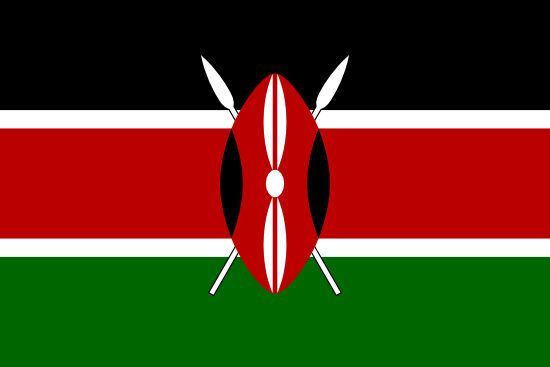Climate change is a critical driver of biodiversity loss in Kenya, and on the other hand, biodiversity is essential for limiting emissions and adapting to climate change impacts on people and ecosystems. Kenya being a nature-based economy, deliberate action is needed to ensure climate change actions are amplified to deliver social, economic and environmental benefits. Various mitigation, adaptation and disaster risk reduction measures, including nature-based solutions and/or ecosystem-based approaches, have the potential to increase the resilience of ecosystems and human livelihoods to the impacts of climate change, including reducing emissions from deforestation and other land-use changes, and by enhancing carbon sinks.
Kenya‘s need for adaptation is prioritized in its plans given the vulnerability of people and ecosystems to climate change. The country has recently reviewed its climate change act and a carbon framework developed. This will provide an opportunity for mitigation, co-benefits to biodiversity and social-economic benefits for people. The national target responds to the current policy environment; the NDC, NCCAP and the Green Economy Strategy and Implementation Plan (GESIP).
Related content
| Type | Title |
|---|---|
| Document | Carbon Markets Community Guide |
| Document | ClimateChangeAct11of2016 amended |
| Document | Climate Change (Carbon Markets) Regulations, 2024. |
| Document | KENYA’S THIRD NATIONAL GREENHOUSE GAS INVENTORY DOCUMENT 1990-2022 |
